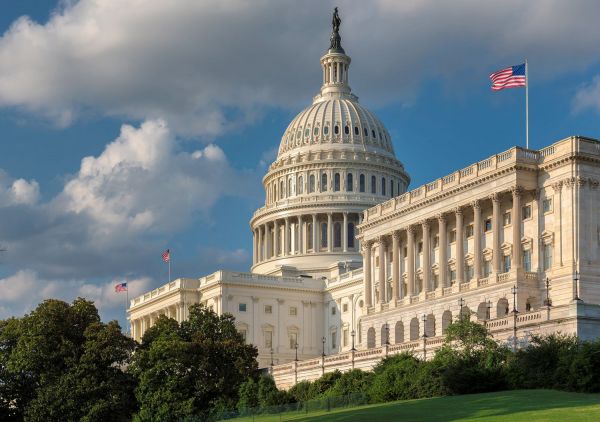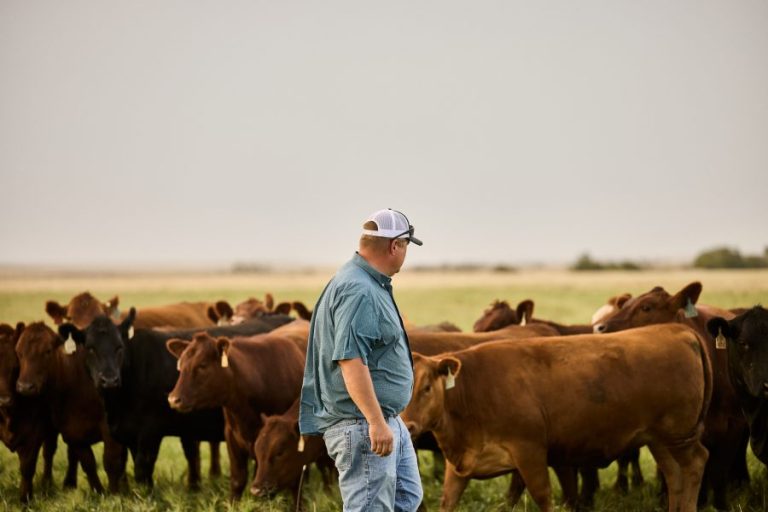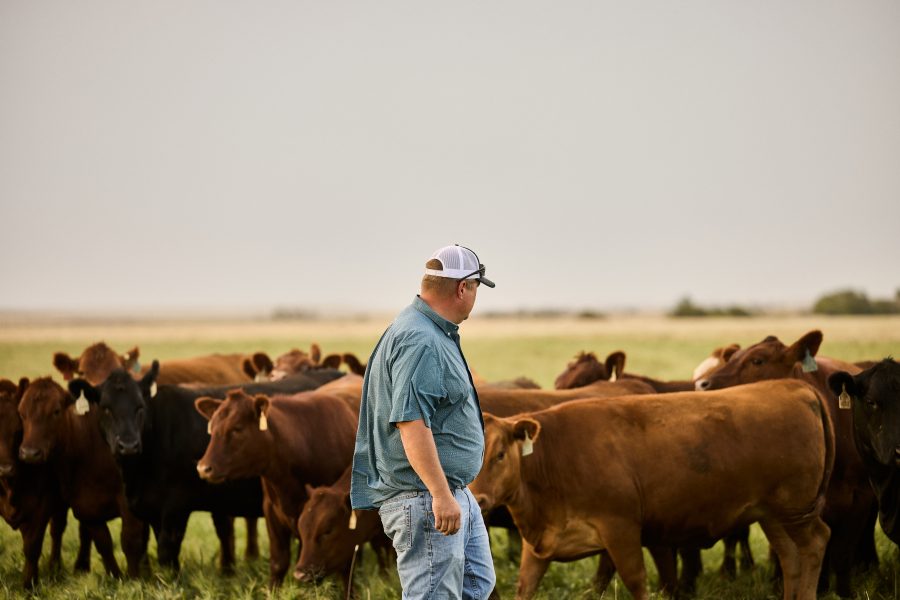WASHINGTON, DC – Industry organizations are largely pleased with the passage of the Infrastructure Investment and Jobs Act. U.S. House of Representatives passed (H.R. 3684) which is a key part of President Biden’s Build Back Better Agenda.
A wide range of agricultural groups praised the passage of the long-awaited bill, including the National Cattlemen’s Beef Association, National Association of Wheat Growers, National Association of State Departments of Agriculture, National Corn Growers Association, American Farm Bureau Federation, National Farmer’s Union and more.

The $1 trillion infrastructure bill, which passed the Senate in August, will fund a massive upgrade of America’s roads, bridges, airports, seaports and rail systems, while also expanding broadband internet service
Biden’s administration will now oversee the biggest over-haul and build-up of America’s roads, railways and other transportation infrastructure in a generation.
Key provisions of the bill – specifically the $110 billion in funding for roads and bridges and the $17 billion for ports and waterways – will enhance the competitiveness of U.S. agriculture, according to many in the industry.
Zippy Duvall, President, American Farm Bureau Federation (AFBF) praised the bipartisan effort “Bipartisan efforts such as the Infrastructure Investment and Jobs Act provide commonsense solutions to our nation’s infrastructure challenges, and we look forward to seeing the bill signed into law.”
National Cattlemen’s Beef Association (NCBA) Executive Director of Government Affairs Allison Rivera said, “The infrastructure package includes several key provisions that NCBA has long advocated for, including funding for the modernization of roads and bridges, funding for high-speed rural broadband, congressional commitment to the improvement of the federal permitting process for critical water-related investments and an additional 150 air-mile exemption for livestock haulers on the destination of hauls, providing much needed flexibility under current hours-of-service regulations.”
Ted McKinney, CEO National Association of State Departments of Agriculture said that state departments of agriculture commend the U.S. House of Representatives for coming together to build opportunities for agriculture and rural communities. “We can all recognize the importance of a thriving U.S. agriculture industry to all people, and the passage of this bill will connect more individuals to American grown products and provide financial sustainability for farming and ranching businesses,”he said.
National Farmers Union (NFU) President Rob Larew said the bill will strengthen rural communities and the economy as a whole. “The bill strengthens our food supply chain as it makes tremendous, much-needed investments in the roads, bridges, dams, and waterways that family farmers and ranchers depend on. The bill also updates hours-of-service regulations for agriculture and livestock haulers, which will keep our crops, inputs, and livestock moving.”
He added, “Rural America, like the rest of the country, needs access to high-speed internet, and this bill will make affordable broadband available to the 19 million Americans who have lived offline.”
In addition, Larew said that provisions in the bill will help the response to the climate crisis by increasing watersheds, improving water infrastructure in the west and by investing in wildfire mitigation.
“This bill, as part of the greater Build Back Better Agenda, recognizes that rural American vitality is key to ensuring the prosperity of our country,” he said.
The major funding categories for the legislation are:
Transportation categories ($284 billion; 52% of new spending):
• Roads, bridges, and major projects: $110 billion
• Bridge repair, replacement, and rehabilitation: $40 billion
• Passenger & freight rail: $66 billion
• Public transit: $39 billion
• Airports: $25 billion
• Ports and waterways: $17 billion
• Safety: $11 billion
• Electric vehicle infrastructure: $7.5 billion
• Electric/zero emission buses: $5 billion
• Electric/zero emission ferries: $2.5 billion
• Reconnecting communities: $1 billion
Other categories ($256 billion; 48% of new spending)
• Electric and power infrastructure: $65 billion
• High-speed internet: $65 billion
• Clean drinking water: $55 billion
• Resilience and western water infrastructure: $50 billion
• Environmental remediation: $21 billion












